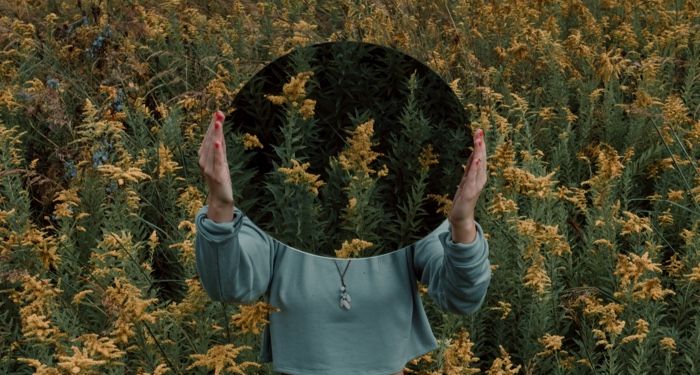
8 Books About Existential Dread By Asian Authors
Existential dread in Asian literature has often been a propelling force to the structure of a narrative. It raises its ugly head after unwanted change, life hitting a standstill, loss of loved ones, and other such side-effects of living and loving. While grief can mostly be managed, existential dread gnaws at your insides and paralyzes your ability to garner enthusiasm for life. Asian literature represents the existential dichotomy characters face while simultaneously wanting to live a good life and being weighed down by questions about one’s identity and purpose. It’s a dark pit that allows no escape, and the anxiety of being responsible for your own choices doesn’t help either.
Many a time we feel like the work we do is not making any discernible impact, and in a capitalist world, that is the only barometer against which we can measure our worth. Asian literature dealing with the alleged uselessness of our existence assures us that we aren’t the first people to feel this way and certainly won’t be the last. It also suggests that our feelings may not be our objective reality. Most importantly, it inspires readers to look at things from a new perspective, accepting existential dread as a part of life and not as a guillotine awaiting our arrival.
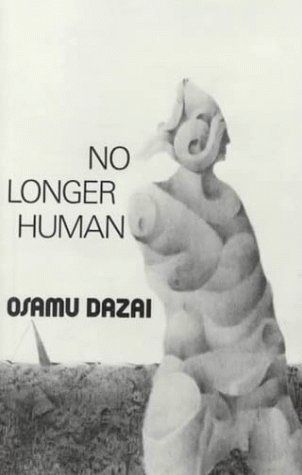
No Longer Human by Osamu Dazai (Translated by Donald Keene)
A young man, Oba Yozo, is caught between the traditional northern Japanese family and the impact of Western ideas. His conflicts arise from this duality and this novel is centered around his feelings about being disqualified from human existence. His mask of joviality mostly hides the sense of alienation he is dealing with. Yozo’s struggles with self-acceptance and alienation have been depicted through various incidents like his partaking in a suicide pact and getting expelled from his college.
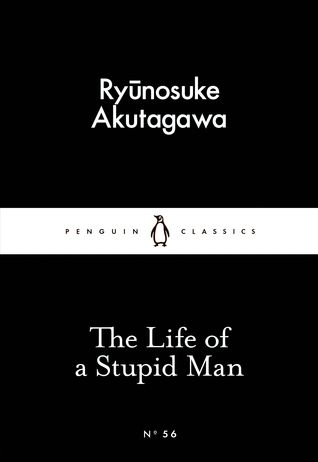
The Life Of A Stupid Man by Ryūnosuke Akutagawa (Translated by Jay Rubin)
This book comprising autobiographical stories is a meditation on the temporality of human existence. Different witnesses, including a dead man, narrate a murder in a bamboo grove. There are musings from a suicidal man about the futility of life. The deaths of Akutagawa’s parents and an elder sister he has never met are also a part of this anthology. Akutagawa has laid himself bare in this collection to the extent that might unnerve the reader, but time and again the question arises, “Haven’t we all felt like this at some point in our lives?”
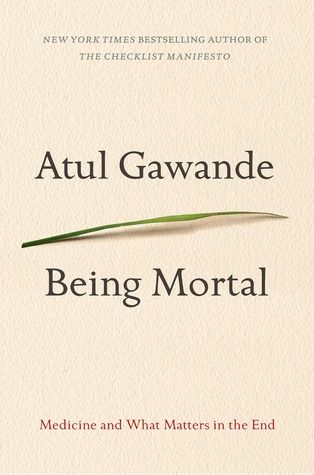
Being Mortal: Medicine And What Matters In the End by Atul Gawande
Medicine has been a boon, for the most part, transforming our world for the better. But in the face of aging and death, the goal of medicine is to prolong life, which may or may not be a viable option for the one suffering. Gawande ponders on death and how it demands as much dignity as life. There is no point in going through excruciatingly painful procedures if one’s quality of life is going to decline. What is the point of life if suffering is its only constant? Gawande cites philosophy and medicine to discuss the human condition and how the goal of science should be to improve it, in both life and death.
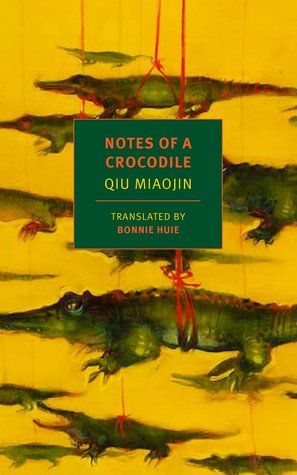
Notes Of A Crocodile by Qiu Miaojin (Translated by Bonnie Huie)
Set in the post-martial law era in Taipei, this story is about Lazi and her group of queer misfits. Living in a world where heteronormativity is the norm, Lazi finds herself questioning everything about her identity. Romantic liaisons with a hot and cold lover add to her chaos. She finds support in her friends who are themselves going through their own struggles. This book is a coming-of-age story of a lesbian woman and her lack of a sense of belonging.
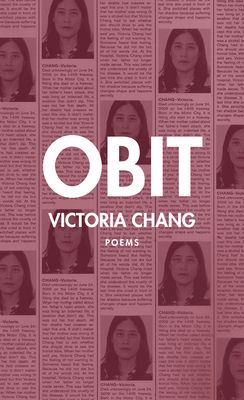
Obit by Victoria Chang
After the death of her mother, Chang channeled all her energy into writing obituaries for all the things she has lost. In this book, Chang talks about how memory starts having a life of its own after a loved one dies. It takes us into the world of newspaper obituaries, reinvents it, and brings out the sociocultural impact of the dead on the living. How do you deal with the void created by the deaths of those who have completed our lives in the past? How do you keep existing and rebuild yourself from scratch when life feels like nothing but a series of losses?
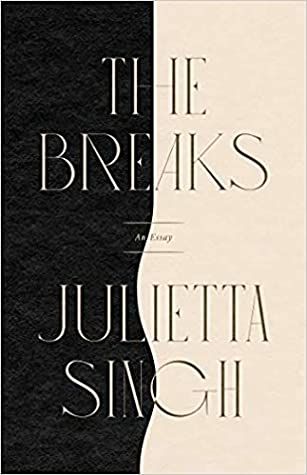
The Breaks: An Essay by Julietta Singh
This book is a personal letter, addressed to Singh’s daughter, on climate change, race, and inheritance. Humanity as a race is in a pickle, and Singh pens down the doom that lingers in the air. Singh discusses topics like colonialism, queer families, mass consumption, and capitalism, and in turn, draws our attention to the existentialist that is inside all of us. In this fascinating read, she conjoins the dread of a societal collapse with the range of future possibilities that we can tap into.
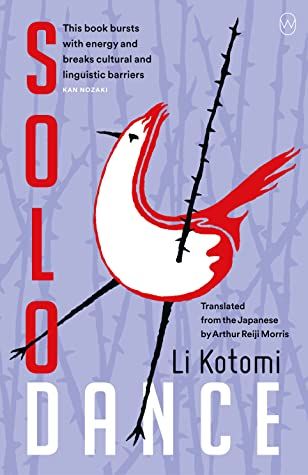
Solo Dance by Kotomi Li (translated by Arthur Reiji Morris)
Twenty-seven-year-old Cho Norie is preoccupied with death. While her colleagues worry about marriage, children, and the economy, she ruminates on the many facets of death. Death can be a harrowing experience, and Cho Norie isn’t alien to its devastations. Through Cho Norie’s character, Li has depicted the trials and tribulations a queer person faces when coming of age in corporate Japan. Despite its generous doses of existentialism, this book is also about finding hope after going through something life-wrecking.
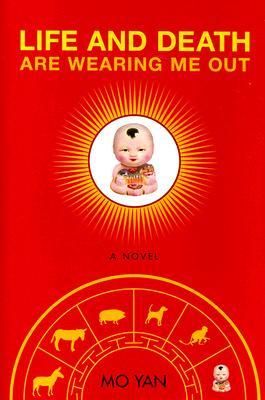
Life And Death Are Wearing Me Out by Mo Yan (Translated by Howard Goldblatt)
A generous landowner, Ximen Nao, is robbed of his land and worldly possessions in Mao’s Land Reform Movement. He is cruelly executed and his afterlife brings no respite either. He is sent to hell where a different cycle of torture begins. He takes birth again, and repeatedly at that, but as animals in his ex-farm. Through the perspectives of these animals, Yan weaves a tale that revolves around the meaningless of human existence. He knits together 50 years of Chinese history, bringing into focus how pointless most human endeavors are.
If you are going through an existentialist phase at the moment, I hope the aforementioned list helps put things into perspective for you. For more insights on existentialism, please check out: Just How Absurd Is Yayoi Kusama?

















